The emotion is rooted in your brain's natural response system
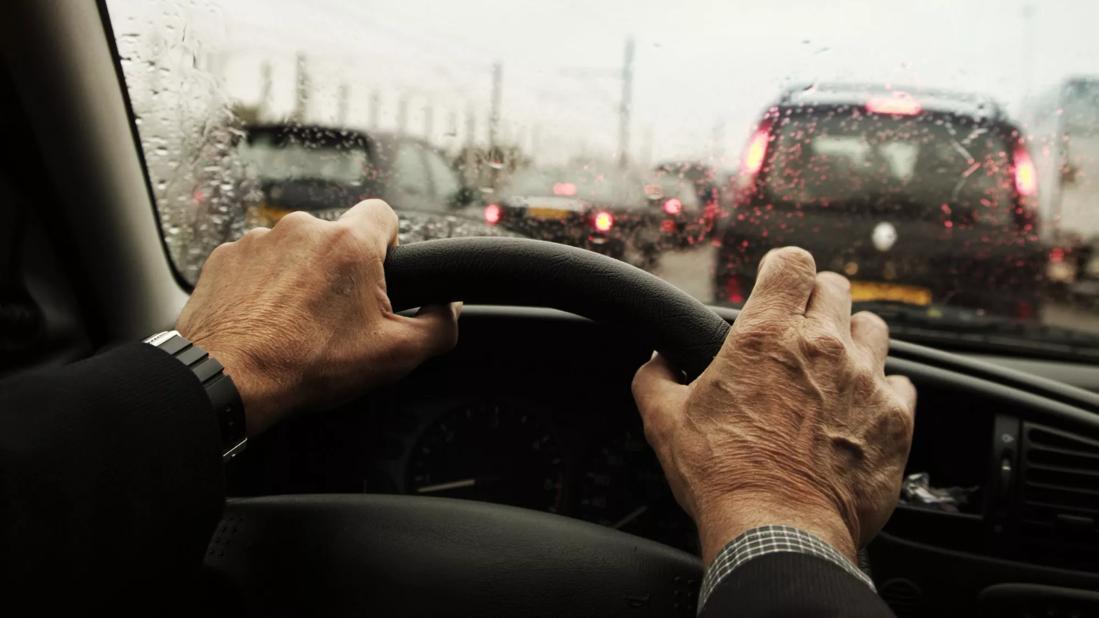
There are few things more frustrating than when you’re rolling along in your car on the way into work and then suddenly … brake lights — lots of ’em — ahead.
Advertisement
Cleveland Clinic is a non-profit academic medical center. Advertising on our site helps support our mission. We do not endorse non-Cleveland Clinic products or services. Policy
An unexpected traffic jam is an inconvenience for most, but for some, it can cause real anxiety.
Anxiety induced by a traffic jam is rooted in your brain’s natural response system, says clinical psychologist Joseph Rock, PsyD.
“What happens is people start to get anxious, and when they get anxious, your body prepares to do something,” Dr. Rock says. “This is the fight or flight response —you’re prepared to run or you’re prepared to fight.”
The fight or flight response prompts a burst of energy, Dr. Rock says. When there is nowhere to release the energy, it turns into physical discomfort.
“There’s nothing to run or to fight when you’re sitting in traffic. But your body’s worked up — your heart’s pounding and your breathing is rapid and shallow, as if something bad is going to happen,” Dr. Rock says.
The perception of being stuck is something that contributed to anxiety because you feel like you can’t do anything to escape the situation, Dr. Rock says.
The one thing you can control is what you’re thinking about and what you’re doing. So when you’re feeling traffic-induced stress, Dr. Rock says, here are three tips to help you get through it.
Maintain a little perspective. Remember that while being late may be inconvenient, it probably also will not be a terrible thing. Chances are it will be forgotten 20 minutes after you arrive. And unless you are habitually late, most people will forgive you or understand. Unexpected traffic jams happen to everyone.
Advertisement
It’s not a good idea to inch your car forward, strain to see what’s going on, or frantically check the radio or your phone for traffic updates. The more of a big deal you make out of the situation, the harder it will be to stay calm.
“Physiologically, you want to make sure that you’re breathing and that your muscles are loose,” Dr. Rock says. “Instead of focusing on what you can’t do, what you’re going to miss or what’s happening, focus on what you can do, like listen to some music, a podcast or an audiobook.”
When sitting in traffic starts to wind you up, try to hit the pause button. Recognize early on that the stress is happening and try to handle it while you’re still in the car.
When we get stressed out, chemicals like adrenaline and cortisol pour into your body and have to be broken down. If this doesn’t happen, these chemicals keep signaling that something is wrong. As a result, that anxiety and stress can stay with you all day, long after the traffic jam has ended.
Advertisement
Learn more about our editorial process.
Advertisement

Making a health plan with your doctor before you leave will make it easier to sit back and enjoy your flight

Among other benefits, a little time away can help make you more creative, decisive and focused

Setting realistic expectations and scheduling downtime can help reduce stress and make your time away more enjoyable

Dress baby in layers, gate-check your stroller and bring noise-canceling headphones
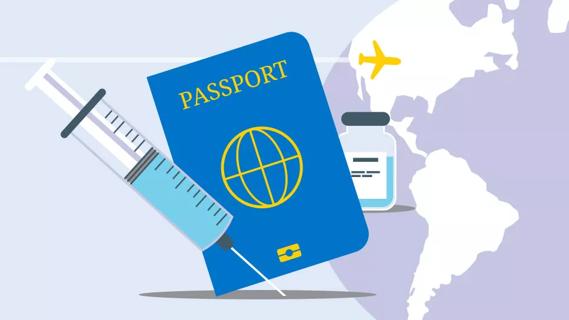
Plan early — getting the right vaccines can help you stay healthy on your travels
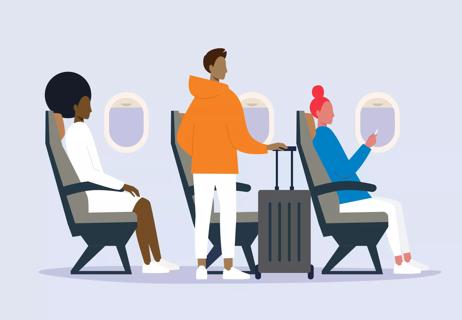
Flying can cause dehydration and bloating and make you feel tired and stressed
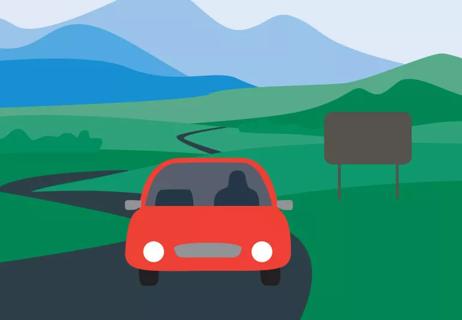
When the drive is familiar or monotonous, ‘procedural memory’ can take the wheel
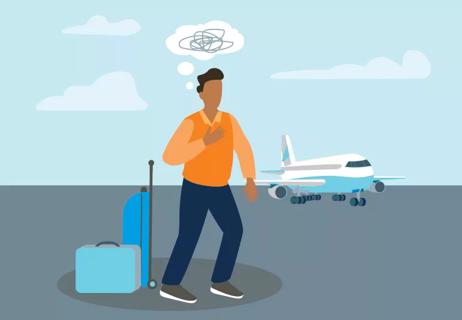
Create a checklist, reflect on your needs and ask for help when unexpected delays occur

Start having sex about 72 hours before ovulation, then at least every other day during your fertile window

Attachment theory suggests that your earliest relationships shape connections throughout your life

It isn’t a recognized mental health disorder, but research shows that problematic social media use can negatively affect your mental health, self-esteem and sleep